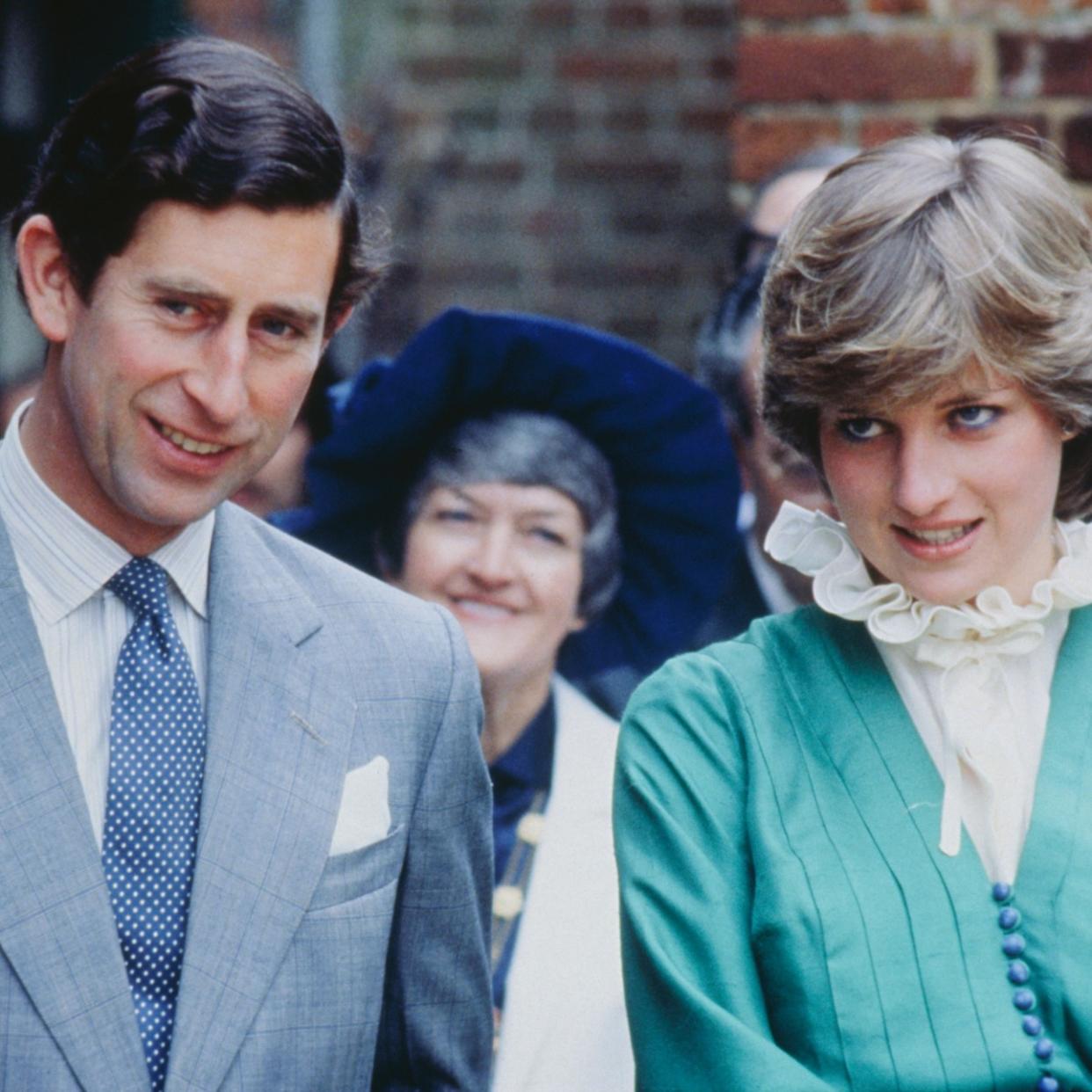Princess Diana’s Friend Says Her Marriage to Prince Charles Was “Essentially Arranged”

- Oops!Something went wrong.Please try again later.
Those who remember Princess Diana in the 1990s remember her friendship with Jemima Khan, a woman Diana visited twice in Pakistan throughout the decade. (Khan is the ex-wife of former Pakistan Prime Minister Imran Khan.) Khan’s new film, What’s Love Got to Do With It, focuses on the pros and cons of arranged marriages, and Diana was one of Khan’s inspirations for the film, The Mirror reports.
Khan says that Diana’s marriage to Charles—which took place on July 29, 1981—was “essentially arranged,” and used the former Prince and Princess of Wales as an example of how arranged marriages occur across different cultures and how universal the concept is.
“Their marriage was essentially arranged,” Khan says. “It used to happen here, even with our royal family. I know it can often seem like a really alien concept, but most marriages, even in the world today, are arranged, if you look at the global population. It wasn’t so long ago that it was kind of the norm, even in the U.K.”
Desperate for Charles to finally marry and produce an heir to the throne, it has long been speculated that Charles and Diana’s grandmothers—the Queen Mother and Lady Fermoy, respectively—were the matchmakers behind the union. When Charles and Diana became engaged in February 1981, he was 32, she was 19, and they had met only a handful of times. (Cue the famous “Whatever ‘in love’ means” line from Charles on the announcement of their engagement.) The couple married on July 29 of that year.
In her film, Khan says that her views on arranged marriages changed when she relocated to Pakistan at 21, and says she saw “very successful and happy arranged marriages.”
“There’s a real issue where arranged marriage keeps getting conflated with forced marriage,” Khan says, adding “As I get older, I think, if I had parents who could have agreed—and were functional and good at these things—I definitely could have benefited from being introduced to suitable candidates.”

